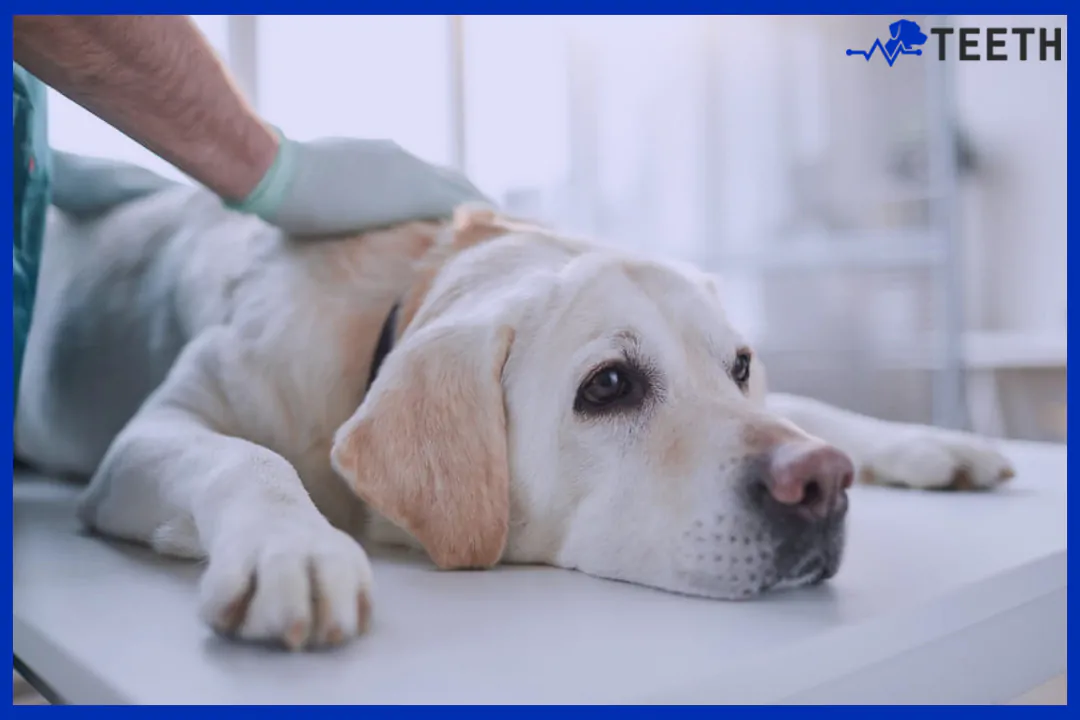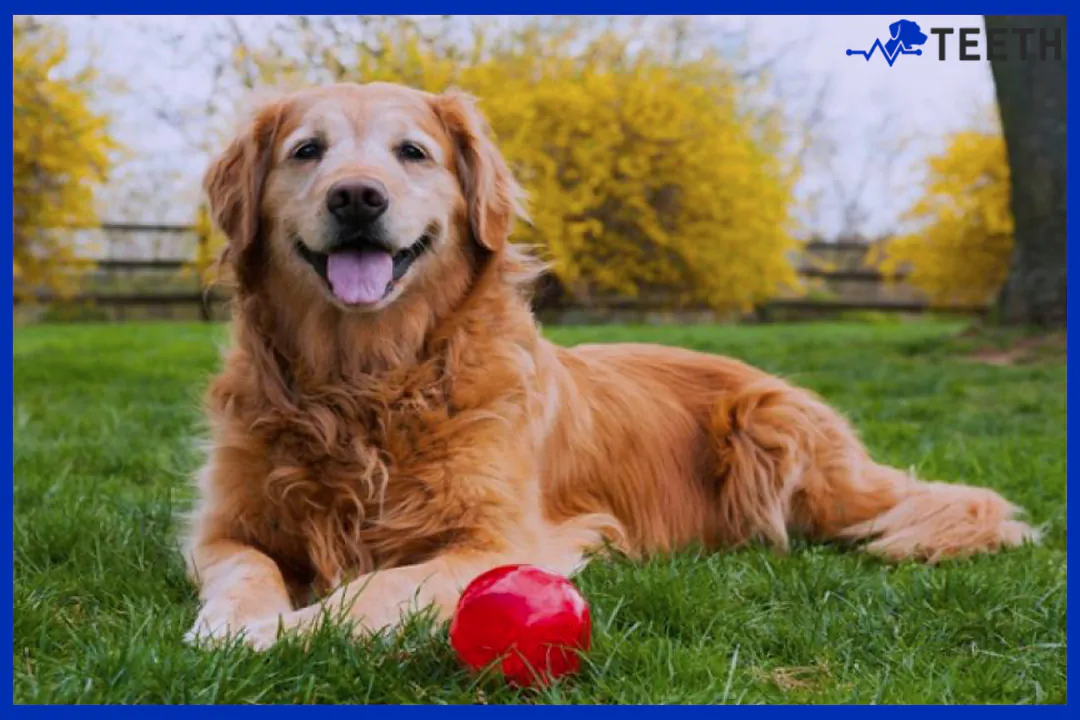German Shepherd Age by Teeth. Understanding your German Shepherd’s age through dental development is both fascinating and precise, providing an accurate estimation. This guide delves deep into estimating a dog’s age – specifically with reference to German Shepherd breed. No matter whether this article is your first pet-owner experience or one for experienced animal lovers alike, this piece provides essential knowledge about dogs’ teeth, adult dogs, and the unique aging processes experienced by these faithful companions.
Deciphering Age: Exploring Baby Teeth to Permanent Teeth.
Estimating a German Shepherd’s age can be accomplished through studying its teeth. Like human infants, puppies are born without teeth; around three weeks, baby deciduous teeth begin erupting as temporary placeholders until permanent adult ones come in as the dog develops further and matures further – usually by six months, all temporary deciduous teeth will have been fully replaced by their permanent adult equivalents and you have your first clue on estimating its age!
Markers of Transition from Baby Teeth to Adult Teeth.
German Shepherd puppies who reach one year of age typically show clear and white teeth due to adult teeth just sprouting into existence. As your pup progresses into its second year of life, however, yellowing of its teeth could occur naturally due to age; by three years old you should start to observe wear-and-tear signs on its rear molars that give an indication as to when your pup reached three years. These clues help in understanding its age.
Middle-Aged to Senior Years: Witnessing Significant Alterations.
As dogs age, their dental health begins to reflect this more clearly. A German Shepherd between six to eight years will typically show more tartar accumulation and some teeth showing signs of erosion; particularly true for the molars which often erupt and wear down over time. As soon as senior dogs reach eight years of age, dental problems become even more apparent with increased risks for tooth loss and gum disease becoming evident.
Breed-Specific Considerations for German Shepherd Dental Health: German Shepherds.
As German Shepherds are large dog breeds, their teeth often show early signs of wear and tartar buildup than smaller breeds do. Understanding breed differences when trying to determine age estimates is vitally important.
An Overview of Dog Dental Health : Going Beyond Aging.
Teeth are great indicators of age; however they also serve as indicators of your German Shepherd’s overall health. Poor dental health may threaten its general well-being; regular check-ups with your vet for dental checks-up are therefore imperative.
Advanced Methods for DNA Tests on Dogs (Dog DNA tests).
Alongside physical examination, DNA tests for dogs have emerged as an increasingly reliable way of ascertaining your pooch’s age and providing more comprehensive insights into not just its age but also their breed-specific health issues and behavioral traits.
Traducing Dog Years into Human Years.
“One Dog Year Equals Seven Human Years” is an overly simplistic estimate, according to The American Kennel Club. Large breed dogs like German Shepherds age more quickly. Therefore, the first two years are crucial and correspond roughly with 15-24 human years in terms of lifespan.
Conclusion.
Deliberate observation combined with knowledge about breed-specific traits are keys to accurately estimating your German Shepherd’s age through his or her teeth. Regular dental care plays an essential part of keeping their overall health in top form – each stage in your companion’s life brings different markers that help in accurately calculating his/her age.



